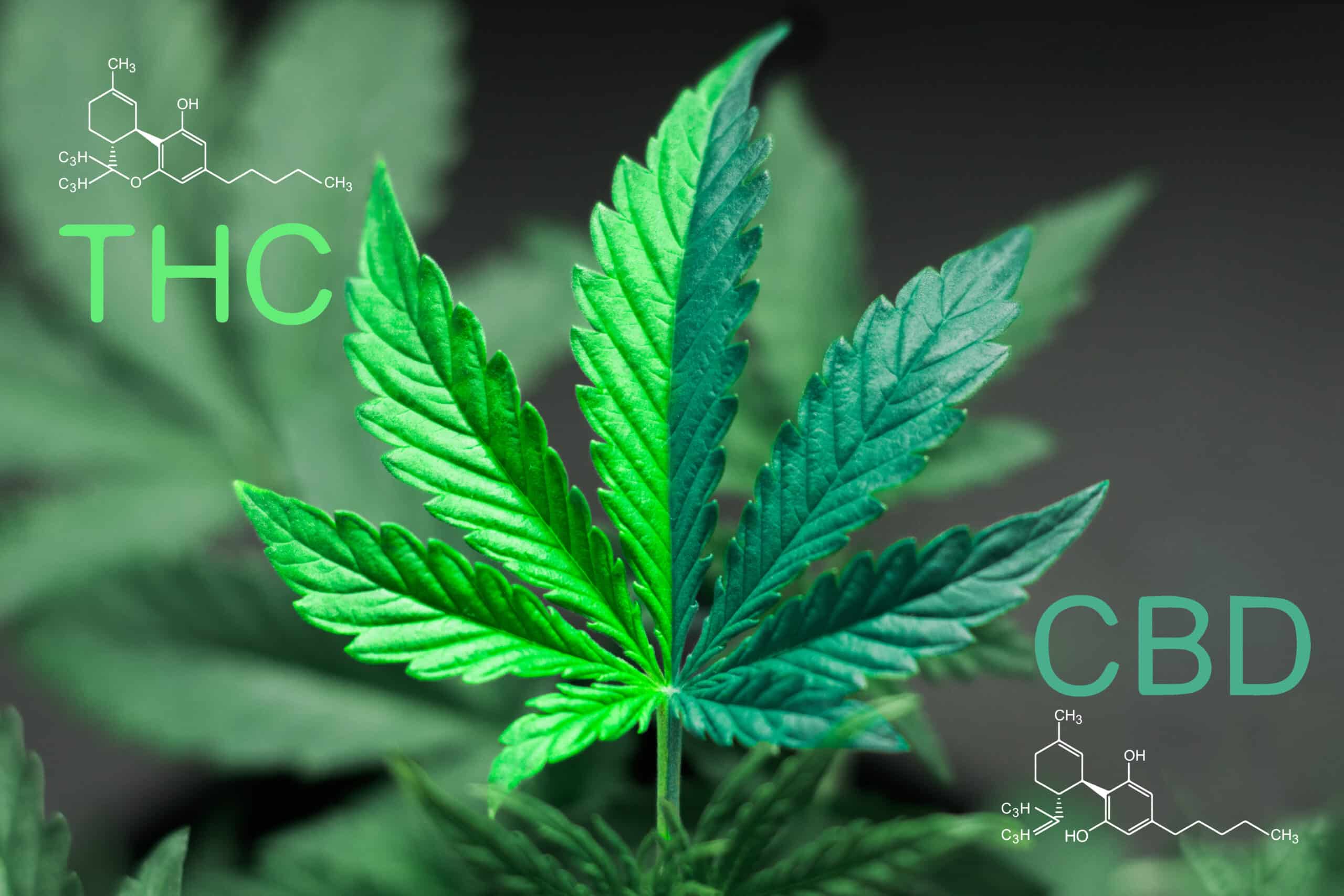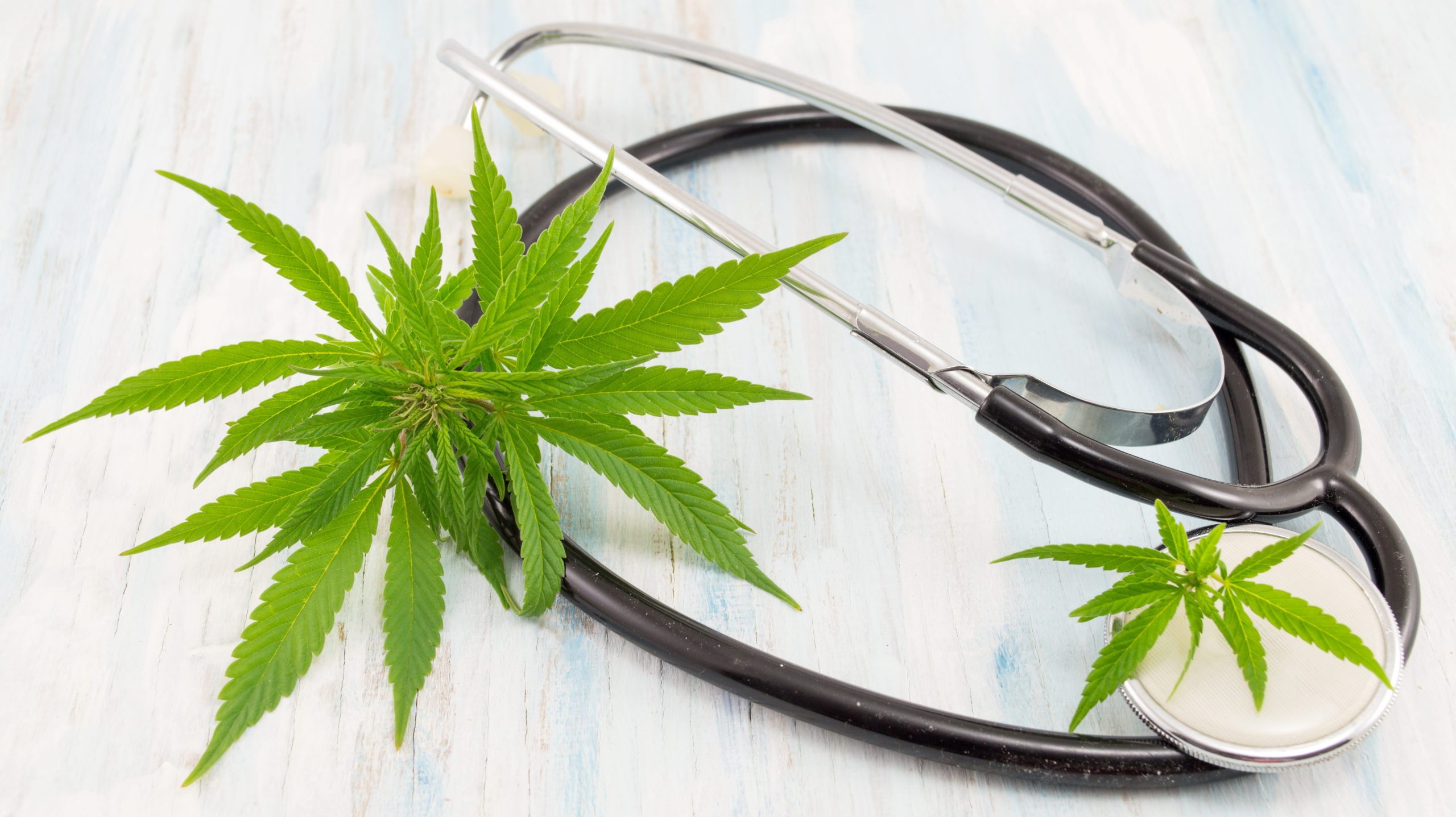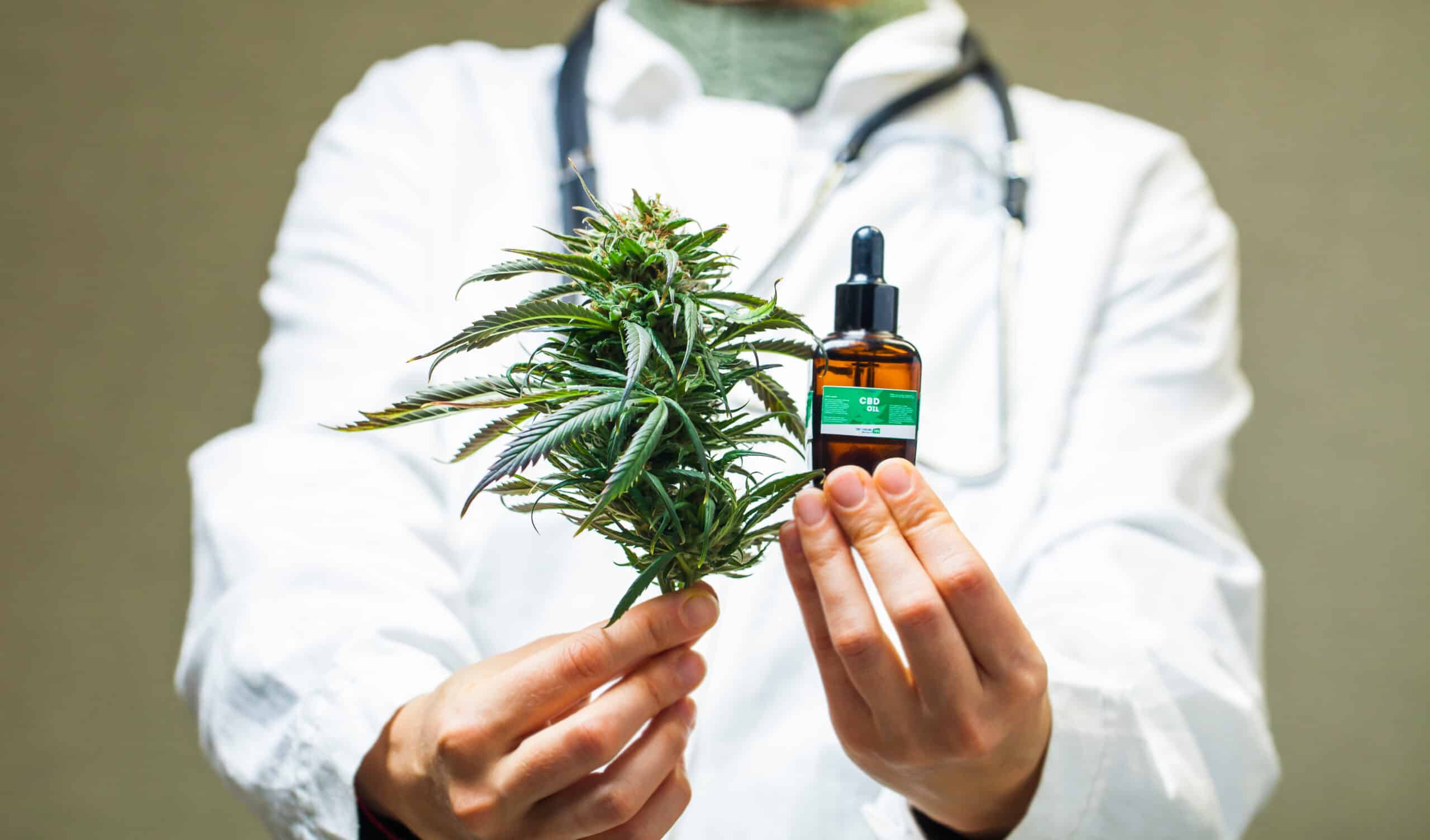Dr. Mechoulam was the first to isolate THC in the 1960s and his research laid the foundation for medical and adult-use weed legalization.
Legendary cannabis researcher and professor Dr. Raphael Mechoulam passed away at 92. The details of his death are not public at this time.
“Raphael Mechoulam was probably the most important and influential cannabis and cannabinoids researcher of the 20th century,” said Leafly’s Nick Jikomes, PhD. “From the initial isolation of THC and CBD from cannabis to the discovery of the endogenous cannabinoids of the body, his contributions to our understanding of cannabinoid biology are second to none,” Jikomes said following the news of Mechoulam’s passing.
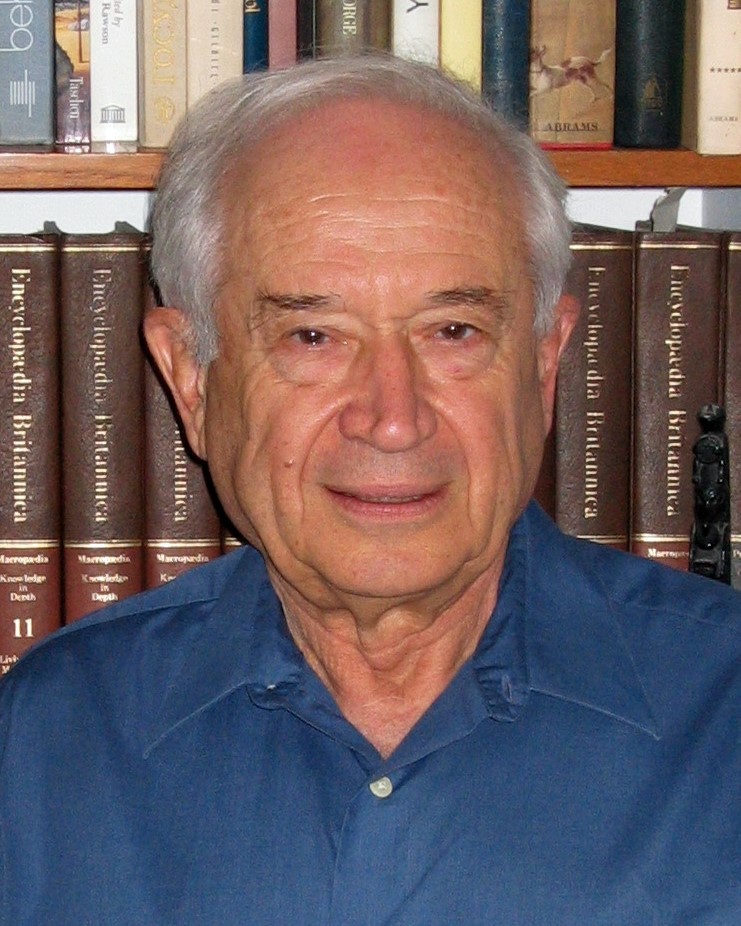
In 1964, Mechoulam published the first research ever that isolated and identified THC as the active compound in cannabis. For the next six decades, Mechoulam helped legitimize and destigmatize cannabis using scientific research. In July 2022, he published a review that charted his life’s work in cannabis.
“After a traumatic childhood in Europe during the Second World War, I found that scientific research in Israel was a pleasure beyond my expectations. Over the last 65 years, I have worked on the chemistry and pharmacology of natural products. During the last few decades, most of my research has been on plant cannabinoids… Δ9-tetrahydrocannabinol and cannabidiol, are approved drugs… For me, intellectual freedom—the ability to do research based on my own scientific interests—has been the most satisfying part of my working life. Looking back, I conclude that I have been lucky, very lucky, both personally and scientifically.”
Dr. Mechoulam, “A Delightful Trip Along the Pathway of Cannabinoid and Endocannabinoid Chemistry and Pharmacology”
Why Dr. Raphael Mechoulam began studying cannabis
Born in Bulgaria in 1930, Mechoulam escaped the Holocaust and went on to study Biochemistry at The Hebrew University in Jerusalem.
“I was looking for natural products that have not been well evaluated and may possibly be used as drugs or for biological purposes… I was surprised to find out that morphine had been isolated from opium 150 years previously, and cocaine had been isolated from cocoa leaves 100 years previously, the active compound in cannabis had never been isolated in pure form. Some people have worked on that. But the techniques were apparently not good enough. While they knew more or less the active compounds, they never got a pure compound. And so I thought, ‘it’s a good idea to try to look at the chemistry.’”
Dr. Mechoulam
How Dr. Raphael Mechoulam changed cannabis research
Dr. Mechoulam took the first step in a long line of research that has led to legal medical and adult-use cannabis in certain states across the US and a handful of countries around the globe. Dr. Mechoulam started his research by requesting and receiving hashish from local police. “It turned out that we broke the law,” he remembered in a 2021 interview with Live Doctors. “We didn’t know that. And the police broke the law. And we should have ended up in prison.”
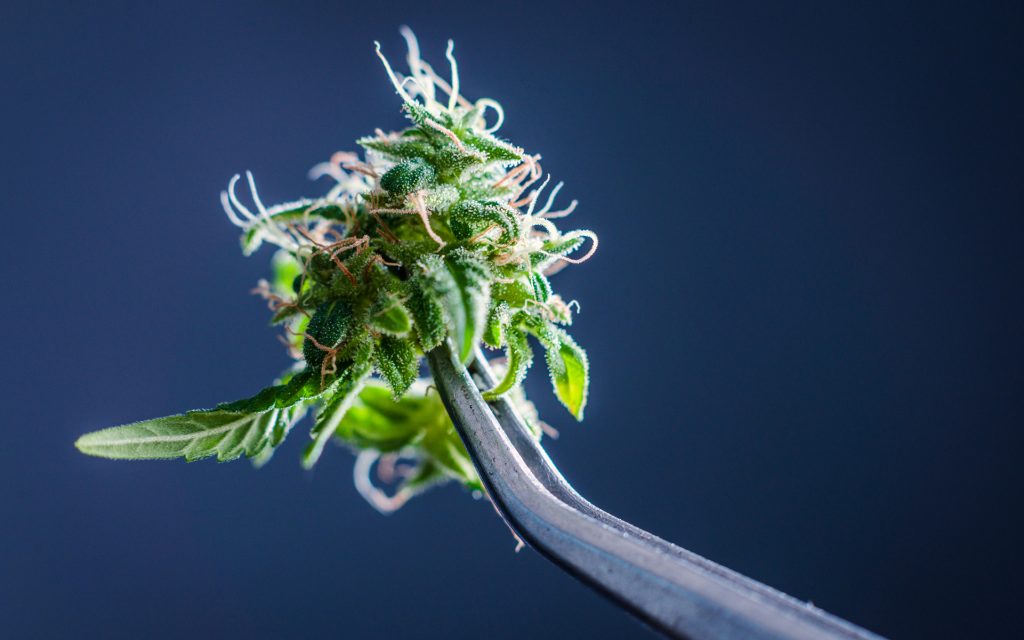
He eventually got the OK from the local minister of health and started legally receiving evidence from the police to use for his research.
“At that time I didn’t have a car. I get onto a bus, and people would start looking around, ‘Hey what kind of smell do we have here?’”
Dr. Mechoulam
Dr. Mechoulam and his team injected monkeys with the isolated compounds they found in cannabis and learned that THC was the only active one, since it put the monkeys to sleep. “We published that in 1964,” he said. “(But) there was very little interest in that time.” Mechoulam said he couldn’t get a grant in the US, and was told that, “No Americans used cannabis, only Mexicans.”
How Dr. Mechoulam’s work impacted legalization in the US
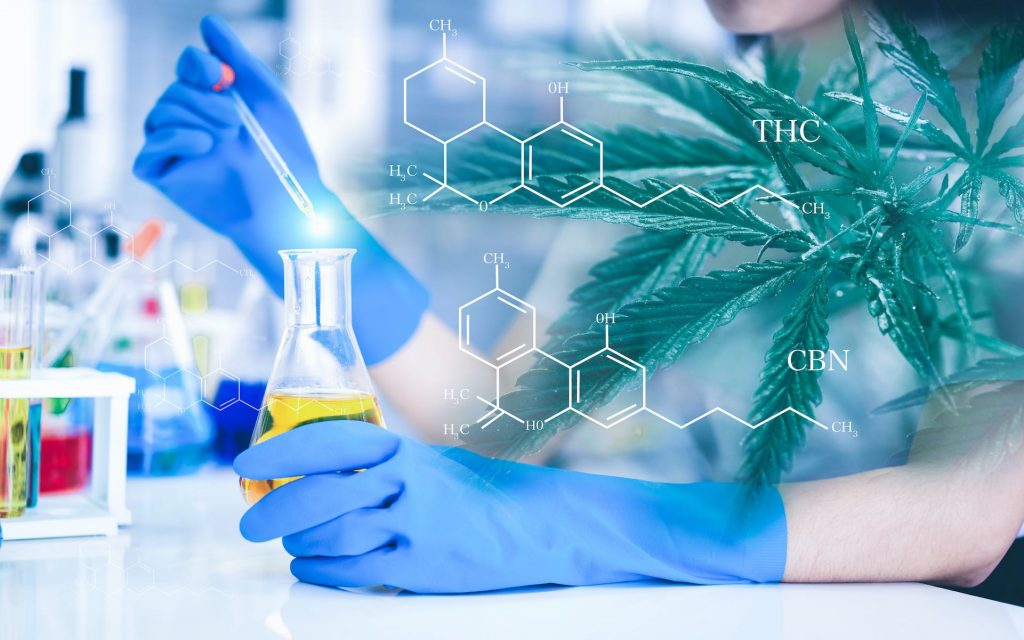
The American government’s interest in cannabis changed a year or two later, when Dr. Mechoulam said a US politician’s son came rushing to him for guidance. They wanted to know if their son’s brain was at risk from smoking pot.
“They came over and at that time we had isolated the first pure batch of THC,” Prof. Mechoulam said. “They took it, they smuggled it into the US. They didn’t have a permit.”
Dr. Mechoulam
According to Dr. Mechoulam, “Some of the research that was done at the beginning in the US was done with the material that we had.” Decades later, US researchers would identify the human body’s endocannabinoid receptors by building on Dr. Mechoulam’s work. Medical and recreational cannabis laws would soon follow, thanks in large part to this trailblazer of cannabis culture.





